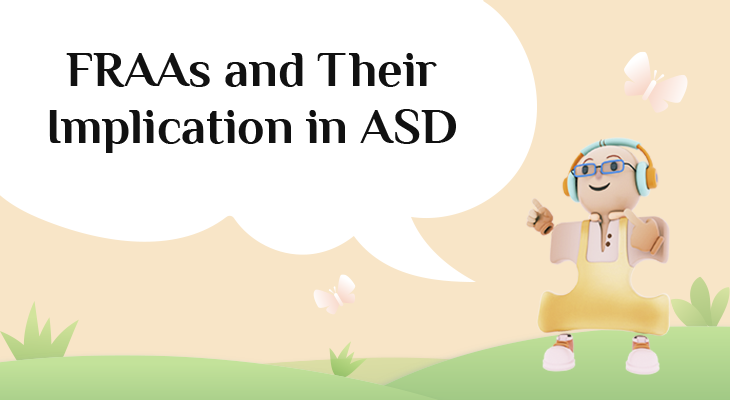
Introduction
Autism spectrum disorder (ASD) is a developmental disorder that affects communication, social interaction, and behavior. It’s a complex condition that can vary widely in its severity and symptoms. While specific causes of autism have not been fully elucidated, there are many areas of research that have looked for clues and a better understanding of contributing factors.
One interesting and possible risk factor is advanced paternal age. This link between paternal age and autism has been the subject of much research, debate, and speculation in recent years. Generally, older paternal age is referred to as a father who is 35 years old and older at the time of conception. Numerous studies have determined that children born to older fathers are at greater risk for developing autism than those born to younger fathers.
Over the past decade, there have been several studies examining the link between paternal age and autism spectrum disorder. While the evidence is not exceedingly conclusive, there does seem to be a consistent pattern of increased risk associated with older fathers.
A large study published in JAMA Psychiatry analyzed data from over 5 million children in five countries. In this study, researchers found that children born to fathers who were 45 years or older were at a higher risk for developing autism than those born to fathers who were 25 years or younger.
Another interesting study published in Molecular Psychiatry found that children born to fathers over 40 years old were six times more likely to have autism than those born to fathers under 30 years old.
So, if older paternal age, in itself, seems to be a risk factor for having a child with Autism, then what are the driving factors behind this?
Researchers have speculated that some of contributing factors are related to a combination of genetic and environmental influences. These influences include:
- Genetic Mutations: As men age, the number of mutations in their sperm increases. Basically, the quality and quantity of their sperm can decline with age. This may contribute to a higher risk of genetic mutations. These mutations can affect the genetic material passed on to their children. Some of these mutations may impact fetal brain development and function, increasing the risk of autism.
- Epigenetic Changes: Aging can lead to changes in the way genes are expressed without altering the DNA sequence itself. These epigenetic changes in sperm can influence the development of the child and potentially contribute to conditions like autism.
- De Novo Mutations: Older fathers are more likely to pass on de novo mutations, which are new mutations that occur spontaneously in the sperm. These mutations are not present in the father’s other cells and can lead to developmental disorders, including autism.
- Environmental Factors: The environment and lifestyle of older parents might also play a role. Factors such as exposure to toxins, diet, and overall health can influence the likelihood of having a child with autism. Additionally, older fathers may be more susceptible to stress as well, having a negative impact.
Another interesting observation is that men are becoming fathers at a much later point in life. Statistics point out that the average age of fathers at birth has been steadily increasing whereas in United States the average age of fathers has gone up from 27.4 years in 1972 to 30.9 years in 2015.
Of course, these are just theories, and more research is needed to fully understand why older fathers may be at higher risk for having children with autism.
Autism is a highly complex condition with multiple causes. When it comes to advanced paternal age specifically, it’s possible that this factor may interact with other risk factors to increase the overall risk of autism. Additional research is necessary to garner a clearer understanding of this condition. Paternal age is certainly an interesting subject that warrants further investigation.



